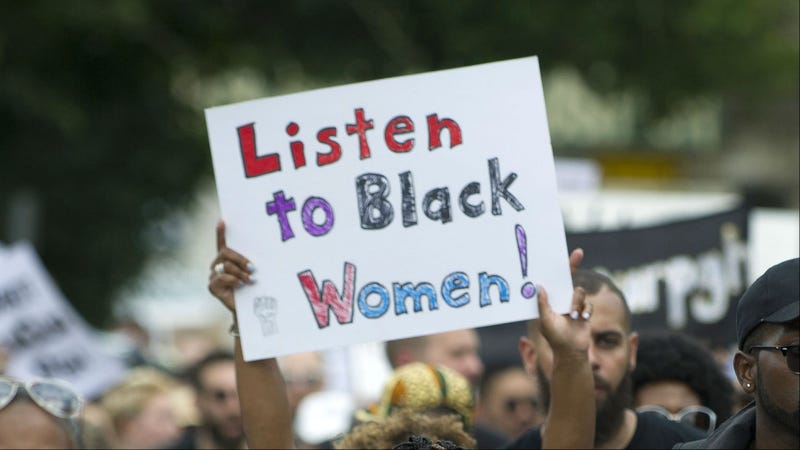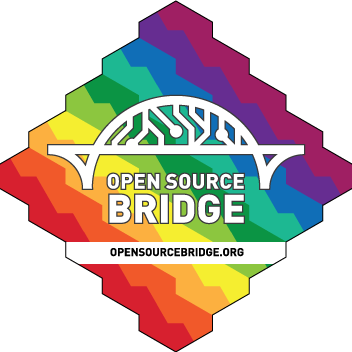
This entire moment is important. @digitalsista has been signaling the digital failures that preceded Russian bots disrupting American politics. We should listen to Black women. https://t.co/sXL0pE0IT0
— Safiya U Noble PhD (@safiyanoble) April 23, 2018
Diversity stats ain’t jack unless you’re checking on inclusion. And the fastest way to understand how you’re doing on inclusion and equity is this: FIND OUT HOW BLACK WOMEN ARE EXPERIENCING THE WORKPLACE. If getting to the bottom of that is hard, you’ve got a problem. Fact.
— Nicole Sanchez (@nmsanchez) April 22, 2018
Hey wait a second, I’m noticing a pattern here …
The Moment by Shireen Mitchell (aka @digitalsista) are both well worth listening to. Shireen’s been calling attention to this for a while, and this Moment weaves together various threads and articles. Nicole’s one of the leading voices for intersectional diversity, inclusion, justice, and equaity in the software industry, and the replies include her perspective as a Latinx woman as to why listening to black women is so important in this context. Safiya Umoya Noble’s recent Wired article Social Inequality Will Not Be Solved By an App is also well worth listening to, as is her outstanding book Algorithms of Oppression.
But what I especially want to highlight in this post is the overall theme.
Listen to Black women.
It’s good advice in the workplace. It’s good advice professionally – collaborating with (and listening to) Shireen, Tammarrian Rogers, and Lynn Cyrin helped me raise my game and took our work on diversity-friendly software to a much higher level. It’s good advice in politics and activism. It’s good advice for protecting democracy. It’s good advice in general.
Of course, I’m far from the first person to say this. But a lot of white people, and a lot of guys, still act like they haven’t gotten the memo.
Fortunately, this is one of those rare pieces of advice that it’s very easy to act on. Start by looking at your own behavior: are you hearing Black women’s voices? Are you really listening to them?
Then get to work on to your friends, family, and colleagues. Encourage them to listen; amplify Black women’s voices to make it easier for them.
It’s really not that hard.
Listen to Black women.
Image credit: Jeff Swensen, Getty Images, via Kiratiana Freelon’s March for Black Women Organizers Want to Put Our Issues Front and Center During March for Racial Justice on The Root




 w00t! I’m delighted to announce that my proposal for a Open Source Bridge session on
w00t! I’m delighted to announce that my proposal for a Open Source Bridge session on